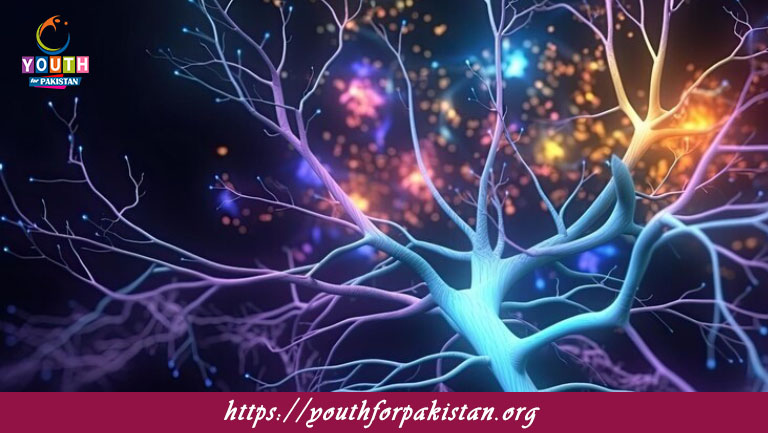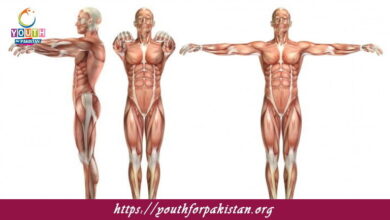Transmission Of Nerve Impulse Across Synapse MDCAT Quiz with Answers

Transmission Of Nerve Impulse Across Synapse MDCAT Quiz: The transmission of nerve impulse across a synapse is a crucial biological process that ensures communication between neurons, a topic essential for MDCAT preparation. This concept helps students understand the fundamental workings of the nervous system, vital for mastering physiology in their exams. To excel in this section, practice with an MDCAT Quiz tailored to this topic, boosting your confidence and understanding.
How the Transmission Occurs
Nerve impulses are transmitted through chemical and electrical signals at the synapse. When an action potential reaches the presynaptic neuron, it triggers the release of neurotransmitters into the synaptic cleft. These molecules bind to receptors on the postsynaptic membrane, initiating a new impulse. Understanding the roles of key neurotransmitters like acetylcholine and dopamine can significantly improve your conceptual clarity. Utilize quizzes to reinforce this knowledge and apply it effectively in problem-solving.
MDCAT Quiz on Synapse Transmission
Gear up your preparation with an MDCAT Quiz on the transmission of nerve impulses. These quizzes cover essential concepts, including synaptic vesicles, neurotransmitter release, and receptor types. By solving these, you will strengthen your grasp of synaptic transmission and its applications in the human body. Regular practice of topic-specific quizzes ensures better time management and accuracy during exams.
Free Flashcards for Studying Synapses
To complement your preparations, take a look at our Free Flashcards specially prepared for synapse transmission. These flashcards include diagrams, important terms, and mechanisms that make complex processes easy to understand. The repeated use of these flashcards will make you remember minute details about synaptic pathways and related physiological concepts, improving your long-term memory and exam-readiness.
Mastering the topic of synapse transmission is imperative for scoring high in the MDCAT. With the help of quizzes and flashcards, you will attain the accuracy and confidence to ace your medical entrance exams.
Experience the real exam environment with our expertly designed collection of over 25,000 MCQs MDCAT Mock Tests.






